AAAS names fellows
Sixteen members of the American Society for Biochemistry and Molecular Biology are among 502 scientists named 2023 fellows of the American Association for the Advancement of Science. ASBMB members who are AAAS fellows in the biological sciences are Lizabeth Allison, Kevin Campbell, Colin Duckett, Katrina Forest, Ross Hardison, Takanari Inoue, Arlen Johnson, James Keck, Daniel Leahy, Liwu Li, Mary Munson, Tanya Paull, David Rockcliffe and Gisela Storz. ASBMB members named AAAS fellows in chemistry are David Muddiman and Bradford Schwartz. Jürgen Wess is an ASBMB member and AAAS fellow in pharmaceutical sciences. The new fellows will be honored in Washington, D.C. in September.
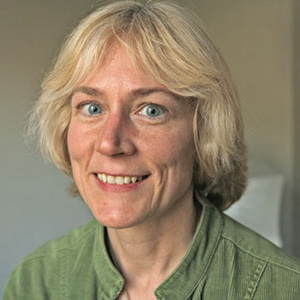
Lizabeth Allison is a chancellor professor at the College of William & Mary. Her lab focuses on thyroid hormone receptor intracellular trafficking. In 2020, she won the ASBMB Ruth Kirschstein Diversity in Science Award.
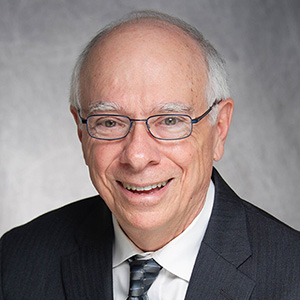
Kevin Campbell is a professor of molecular physiology and biophysics at the University of Iowa. The Campbell lab is a world leader on muscular dystrophies and researches the mechanisms by which these disorders develop and therapeutic strategies to combat them. In 2020, he won the ASBMB Herbert Tabor Research Award.
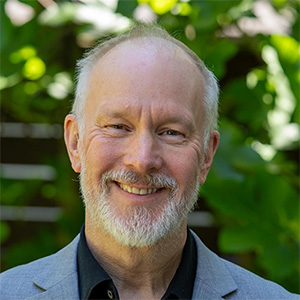
Colin Duckett is a professor of pathology and the vice dean for basic science at Duke University. His research focuses on cellular transformation during Hodgkin’s disease and anaplastic large cell lymphoma as well as cell death and NFκB signaling pathways in normal and malignant cells.
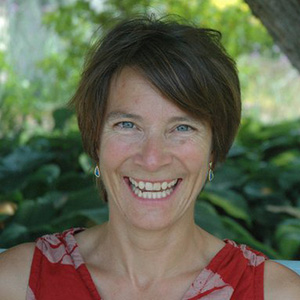
Katrina Forest is a professor of bacteriology at the University of Wisconsin–Madison. She investigates the structures, functions and mechanisms of bacterial proteins, such as type IV pili and bacteriophytochromes, using primarily X-ray crystallography.
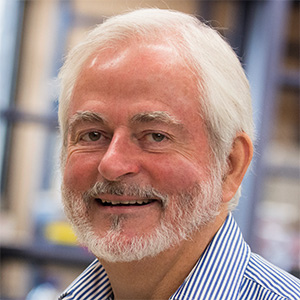
Ross Hardison is a professor of biochemistry and molecular biology at Pennsylvania State University. His lab measures transcriptomic profiles and uses epigenetic marks, such as transcription factor occupancy and histone modifications, and comparative genomics to predict gene regulatory modules. Hardison serves on the ASBMB Membership Committee and is a member of the Journal of Biological Chemistry editorial board.
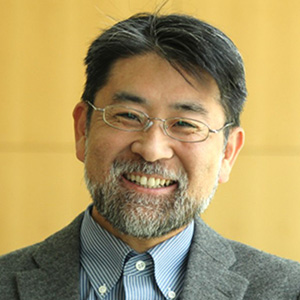
Takanari Inoue is a professor of cell biology and the director of the Center for Cell Dynamics at Johns Hopkins University School of Medicine. Inoue’s lab develops innovative molecular machines that can be used to perturb and assay molecular actions in live cells with high temporal and spatial precision.
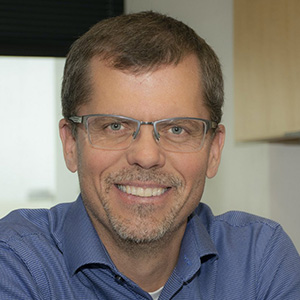
James Keck is a professor of biomolecular chemistry at the University of Wisconsin–Madison. His research focuses on understanding the structural mechanisms behind DNA replication, replication restart, recombination and repair reactions using structural, biochemical and cell biology approaches.
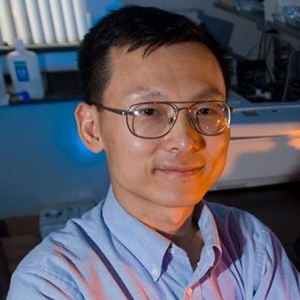
Liwu Li is an endowed professor of biological sciences at Virginia Tech and director of the genetics, bioinformatics and computational biology program. Li’s lab examines the systems dynamics of innate immune memory, ranging from low-grade inflammation to exhaustion of monocytes and neutrophils, closely related to the pathogenesis of sepsis and atherosclerosis.
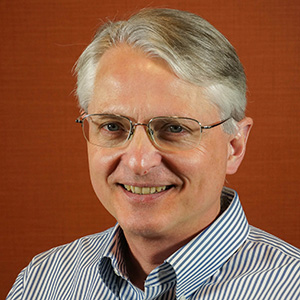
Daniel Leahy is a professor of molecular biology at University of Texas at Austin. His lab studies the molecular mechanisms of signaling in the epidermal growth factor receptor and Hedgehog signaling pathways, mutations in which can drive the development of cancer. He is a 2022 ASBMB fellow, served a term on the ASBMB Council and is a member of the ASBMB Publications Committee.
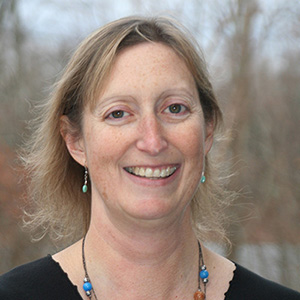
Mary Munson is a professor of biochemistry and molecular biotechnology at the University of Massachusetts Chan Medical School. The Munson lab studies the regulation of membrane trafficking, the flow of materials back and forth between the plasma membrane bounding a cell and the cell’s inner compartments. Munson served on the Journal of Biological Chemistry editorial board from 2017 to 2022.
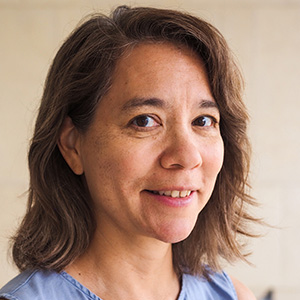
Tanya Paull is a professor of molecular biosciences at the University of Texas at Austin. Her research examines the DNA damage response and specifically the DNA end processing and signaling events that occur immediately following chromosomal double-strand breaks. Paull previously served on the ASBMB Publications Committee.
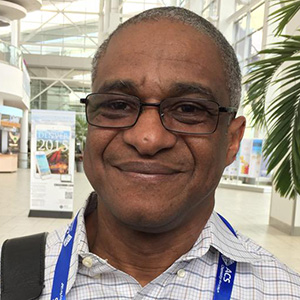
David Rockcliffe is a program director in the division of chemistry in the Directorate for Biological Sciences at the National Science Foundation. Prior to joining NSF, he was a faculty member at Kentucky State University, where he investigated peptide mimics of the active sites of metalloproteins to understand their structure–function relationships in the metal binding domain.
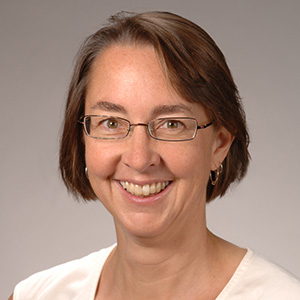
Gisela Storz is an investigator in the section on environmental gene regulation at the Eunice Kennedy Shriver National Institute of Child Health and Human Development of the National Institutes of Health. Storz’s research centers on identifying and characterizing small, noncoding RNAs and the proteins encoded by small open reading frames.
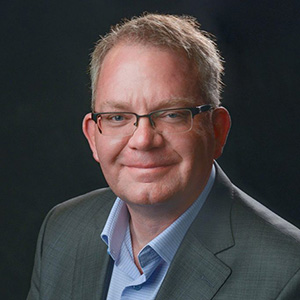
David Muddiman is a professor of chemistry at North Carolina State University. The Muddiman lab focuses on developing innovative mass spectrometry measurements, including an ambient ionization method to analyze a diverse range of materials, including soft tissue, plants, textiles and bone.
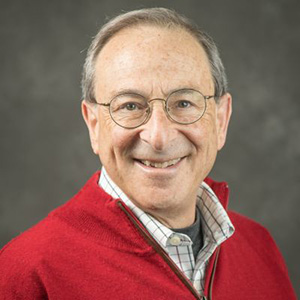
Bradford Schwartz is a professor of medicine and biomolecular chemistry at the University of Wisconsin–Madison and CEO of the Morgridge Institute for Research, a private, nonprofit research institute dedicated to interdisciplinary biomedical research in partnership with UW Madison. His research focuses on the initiation and regulation of protease cascades, such as fibrinolysis and blood coagulation.
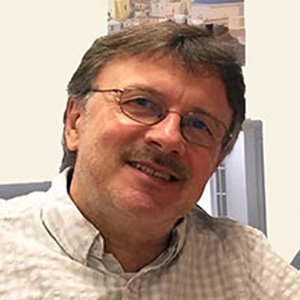
Jürgen Wess is the chief of the Molecular Signaling Section, Laboratory of Biological Chemistry at the National Institutes of Health National Institute of Diabetes and Digestive and Kidney Diseases. His research investigates the structure, function and physiology of G protein–coupled receptors to identify novel therapeutics targeting these pathways for treating Type 2 diabetes and related metabolic disorders.
Enjoy reading ASBMB Today?
Become a member to receive the print edition four times a year and the digital edition monthly.
Learn moreGet the latest from ASBMB Today
Enter your email address, and we’ll send you a weekly email with recent articles, interviews and more.
Latest in People
People highlights or most popular articles

Building a career in nutrition across continents
Driven by past women in science, Kazi Sarjana Safain left Bangladesh and pursued a scientific career in the U.S.

Kiessling wins glycobiology award
She was honored by the Society for Glycobiology for her work on protein–glycan interactions.

2026 ASBMB election results
Meet the new Council members and Nominating Committee member.

Simcox wins SACNAS mentorship award
She was recognized for her sustained excellence in mentorship and was honored at SACNAS’ 2025 National Conference.

From humble beginnings to unlocking lysosomal secrets
Monther Abu–Remaileh will receive the ASBMB’s 2026 Walter A. Shaw Young Investigator Award in Lipid Research at the ASBMB Annual Meeting, March 7-10 in Washington, D.C.

Chemistry meets biology to thwart parasites
Margaret Phillips will receive the Alice and C. C. Wang Award in Molecular Parasitology at the ASBMB Annual Meeting, March 7-10 in Washington, D.C.
